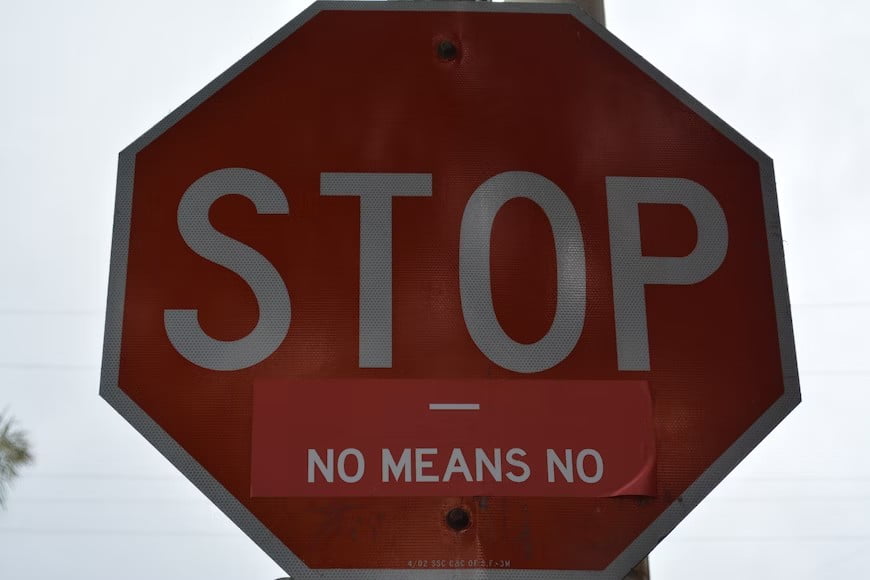Consent is the cornerstone of sexual activity. You must have heard the phrase, “A ‘no’ is a ‘no’”. While that is true to some extent in the context of consent in sexual activities, the more accurate phrase should be “Only a ‘yes’ is a ‘yes’”. Silence, not protesting, crying, saying “I’m not comfortable” or “I need some more time” or “I’m not sure”, “I’ve changed my mind”, etc. cannot be taken as implicit consent. Consent must always be clear and explicit. Consent can be withdrawn at any point during sexual activity. Past consent cannot be taken for granted or used to force a person to do anything that he or she is uncomfortable with.
- When a sexual activity is carried out without consent, it is a sexual offence. As per Section 375 of the IPC, which defines “rape”, there are seven descriptions or circumstances where a sexual act cannot be considered as consensual:
- When committed against the will of a woman.
- When committed without her consent.
- When consent is forcefully obtained by putting her in fear of death or hurt to herself or any person in whom she is interested.
- When consent is obtained because the woman believes that the man that she is engaging in sexual activity with is her lawful husband while the man knows that he is not.
- When consent is obtained while she was of unsound mind or under intoxication or under the influence of any stupefying or unwholesome substance, which affected her ability to understand the nature and consequences of the activity that she is consenting to.
- When committed against a girl who is under the age of eighteen years, whether or not she consented to it.
- When she is unable to communicate consent.
As per the Indian Penal Code, only men are punishable for committing the offence of “rape” against women. However, all persons are punishable for committing unnatural sexual offences without consent. The crucial element for these offences is ‘consent’. However, as per the Protection of Children from Sexual Offences Act, all persons are punishable for committing sexual offences against children, irrespective of their genders, whether done with or without the child’s consent.
Reading the IPC and POCSO Act together, it becomes clear that a “child” cannot give consent for a sexual activity. Any sexual act done against or with a child is a punishable criminal offence.
Unlike in most other criminal offences, mens rea or intention of the accused is presumed in cases of offences under the POCSO Act. It shall be presumed that the accused had the intention, motive, knowledge or belief or a reason to believe.
The importance of consent is growing in today’s world. High school and college students are slowly being introduced to the concept and importance of consent in relation to sexual activity. Remember that consent is not age or gender specific. Consent is about respect, not just for another person but also about respecting yourself enough to do things the right way without forcing anyone in that space.
More resources:
